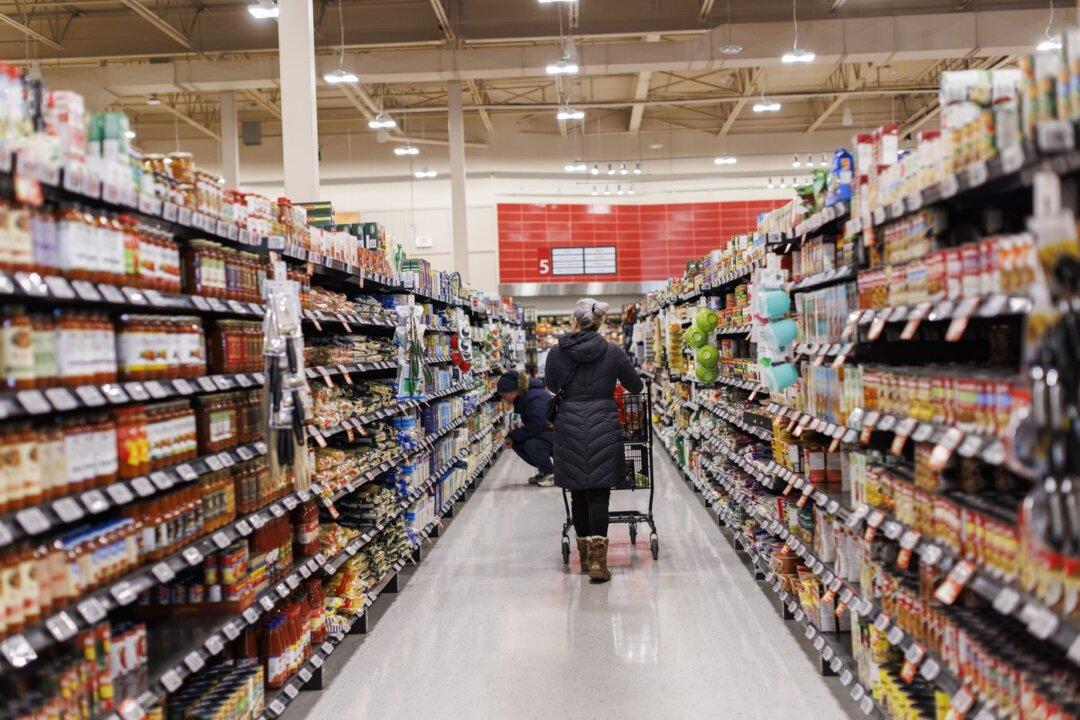While inflation inched up, Canadian food prices fell in January for the first time since 2017, according to the latest data from Statistics Canada.
The Consumer Price Index (CPI) rose 1.9 percent year over year in January, StatCan said on Feb. 18. In December, the CPI saw a 1.8 percent increase.





